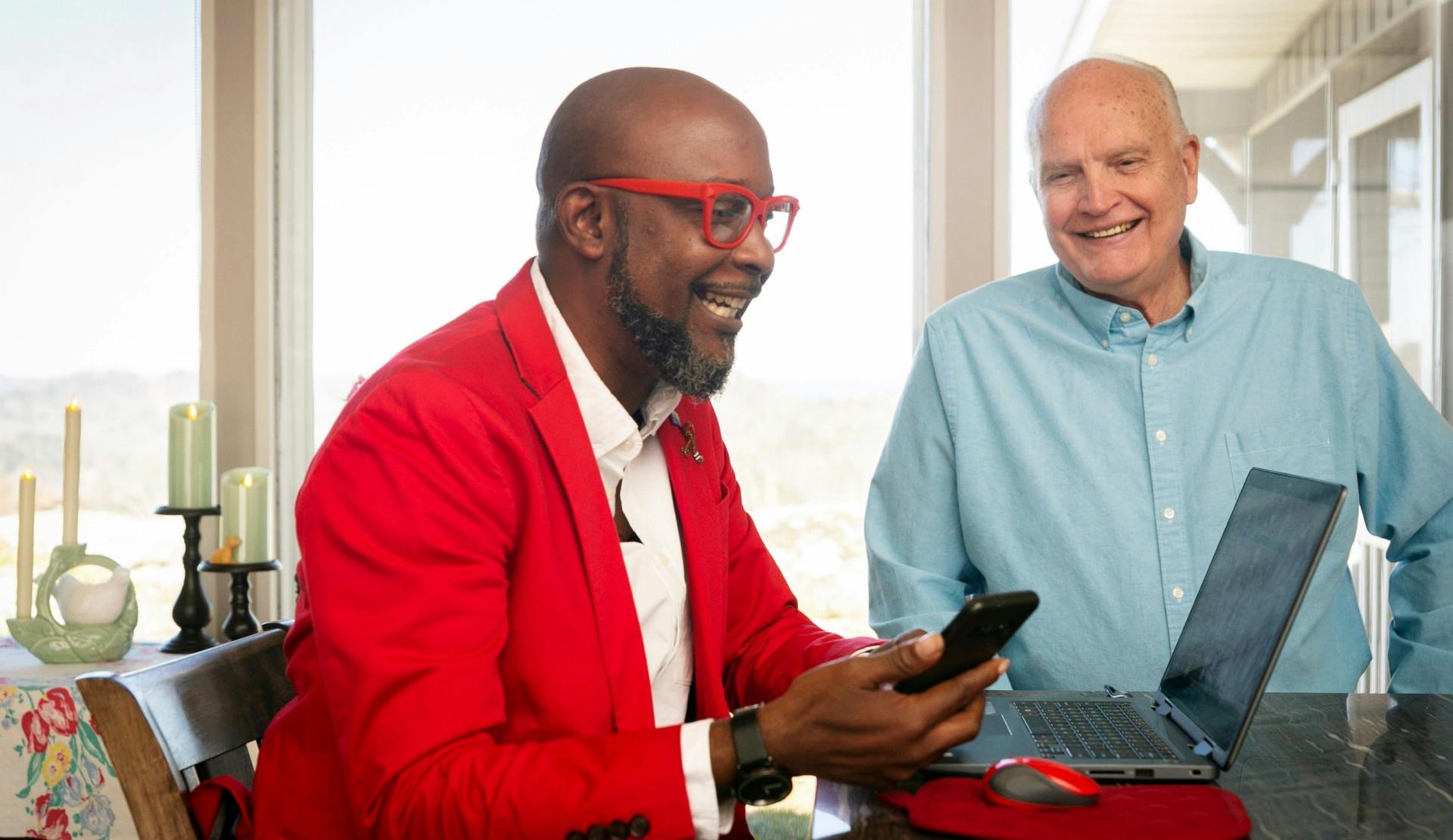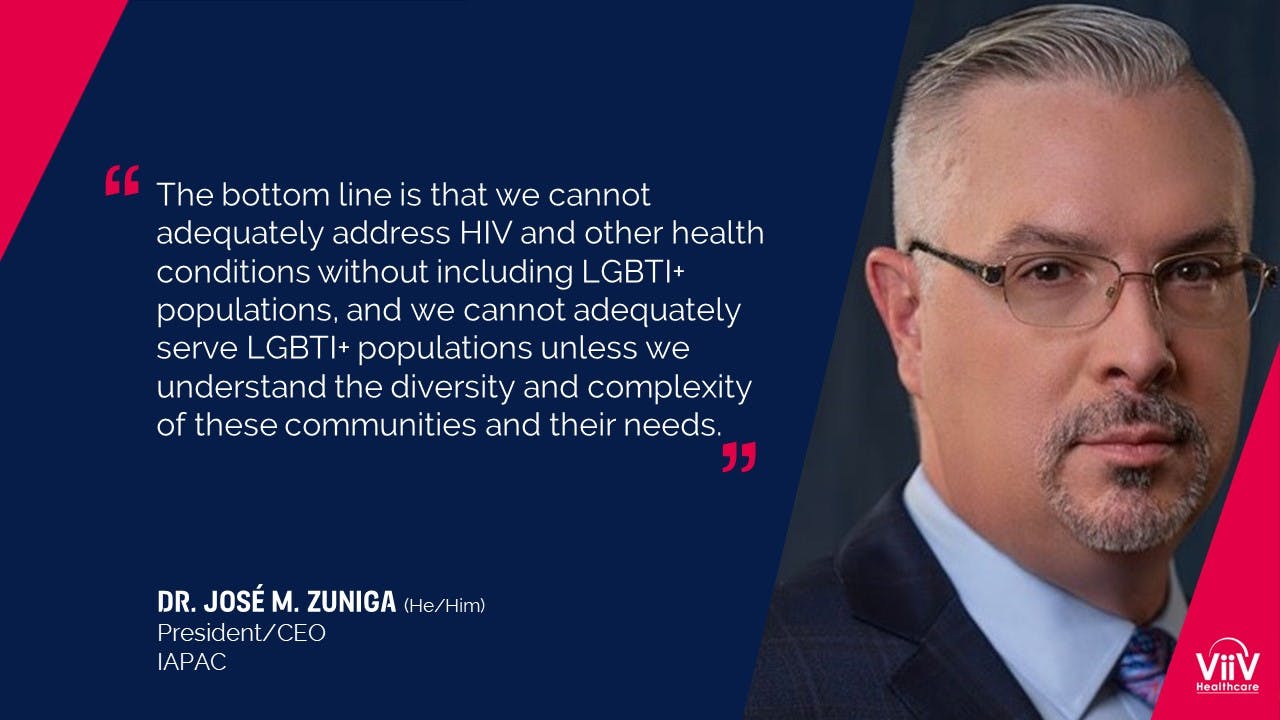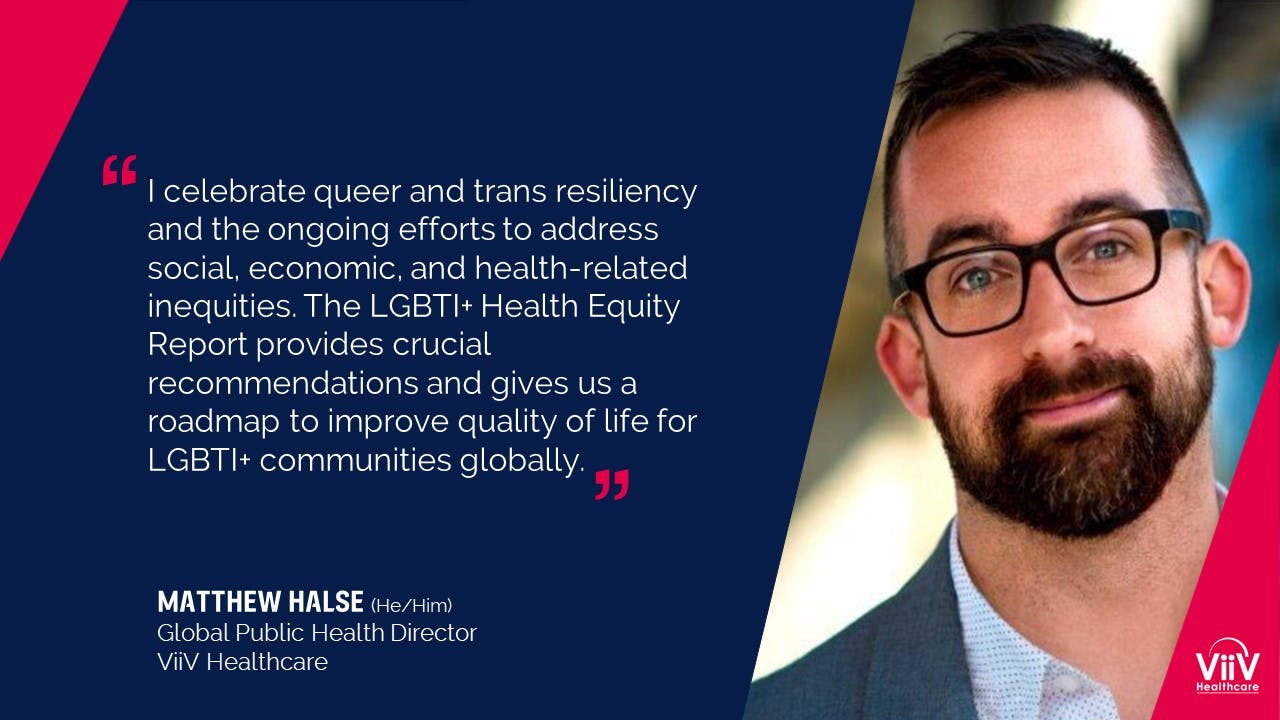FAST-TRACK CITIES: PROMOTING HEALTH EQUITY FOR LGBTI+ COMMUNITIES


The LGBTI+ Health Equity Report was launched at WorldPride in Copenhagen and Malmö, 12-22 August 2021. The report contextualises data from 50 cities within the Fast-Track Cities network and offers recommendations for multiple stakeholders aimed at improving health-related inequities experienced by lesbian, gay, bisexual, transgender, and intersex (LGBTI+) communities worldwide.
The report is based on a two-pronged study that included regional health equity assessments and input from 275 key informants across the 50 Fast-Track Cities. The study and report were coordinated by the International Association of Providers of AIDS Care (IAPAC), supported by ViiV Healthcare.
Understanding healthcare needs for LGBTI+ communities
Understanding and improving the health of LGBTI+ communities is critical. Sexual and gender minority groups experience health disparities resulting from a myriad of overlapping social-economic, cultural, and political factors. LGBTI+ communities have higher incidences and prevalence of physical and mental health conditions, chronic and infectious disease risk, and experiences of violence and discrimination. These communities also experience significant barriers to accessing prevention and treatment services and being retained in care.1
The disproportionate burden of HIV among LGBTI+ communities is stark:

“The bottom line is that we cannot adequately address HIV and other health conditions without including LGBTI+ populations, and we cannot adequately serve LGBTI+ populations unless we understand the diversity and complexity of these communities and their needs,"
“This IAPAC LGBTI+ Health Equity Report highlights the global health and socioeconomic issues impacting LGBTI+ communities and emphasises the need for localised action.”
“I celebrate queer and trans resiliency and the ongoing efforts to address social, economic, and health-related inequities. The LGBTI+ Health Equity Report provides crucial recommendations and gives us a roadmap to improve quality of life for LGBTI+ communities globally,”
“The bottom line is that we cannot adequately address HIV and other health conditions without including LGBTI+ populations, and we cannot adequately serve LGBTI+ populations unless we understand the diversity and complexity of these communities and their needs,"
Supporting the LGBTI+ community to gain equal access to healthcare services
The study found that socioeconomic challenges (e.g., employment, housing) are a significant problem for LGBTI+ communities, regardless of the overall wealth or poverty in a city. The report identified that many of the 50 cities lacked data among GBMSM and transgender women with respect to sexually transmitted conditions other than HIV, and there were minimal data on some other conditions from GBMSM only. These results indicate a need for disaggregated data on LGBTI+ health, particularly at a local level, where interventions are implemented.

“This IAPAC LGBTI+ Health Equity Report highlights the global health and socioeconomic issues impacting LGBTI+ communities and emphasises the need for localised action.”
Despite the multitude of challenges identified across the 50 cities, the report highlights the ‘remarkable resilience’ of LGBTI+ communities, noting their ability to creatively use informal spaces and social networks to support each other. Other positive outcomes from the report highlighted how:
- HIV services are adapting to the needs of LGBTI+ people and leading the way for other health services
- Non-profit organisations are a source of collaboration and respectful dialogue
- Despite some cities having harsh anti-LGBTI+ laws and limited public resources to support LGBTI+ people, these communities are still able to connect
“I celebrate queer and trans resiliency and the ongoing efforts to address social, economic, and health-related inequities. The LGBTI+ Health Equity Report provides crucial recommendations and gives us a roadmap to improve quality of life for LGBTI+ communities globally,”
“The bottom line is that we cannot adequately address HIV and other health conditions without including LGBTI+ populations, and we cannot adequately serve LGBTI+ populations unless we understand the diversity and complexity of these communities and their needs,"
“This IAPAC LGBTI+ Health Equity Report highlights the global health and socioeconomic issues impacting LGBTI+ communities and emphasises the need for localised action.”
Report conclusions
The report concludes with recommendations for key stakeholders, spanning local and national governments, providers of care and health systems, community-based organisations, and international actors. Recommendations include:
- Prioritising the elimination of inequities within the LGBTI+ community, such as those experienced by people of colour and gender minorities
- Improving the underlying socioeconomic conditions facing LGBTI+ people, such as limited employment opportunities
- Improving data collection, which was found to be widely lacking and render LGBTI+ communities “invisible”
- Supporting research and programming relating to LGBTI+ health equity, which is critical to actioning the data contained in the report
- Increasing funding to a wider range of non-profit organisations, which can facilitate a more robust engagement with and positive impact among diverse LGBTI+ communities

“I celebrate queer and trans resiliency and the ongoing efforts to address social, economic, and health-related inequities. The LGBTI+ Health Equity Report provides crucial recommendations and gives us a roadmap to improve quality of life for LGBTI+ communities globally,”
To read the report in full, click here.
References:
- IAPAC. 2021. LGBTI+ Health Equity Report. Available at: https://www.iapac.org/fast-track-cities/lgbti-health-equity/. Accessed: August 2021.
- UNAIDS. 2021. HIV and transgender and other gender-diverse people — Human rights fact sheet series 2021. Available at: https://www.unaids.org/en/resources/documents/2021/04-hiv-human-rights-factsheet-transgender-gender-diverse. Accessed: August 2021
- UNAIDS, 2021. HIV and gay men and who have sex with other men— Human rights fact sheet series 2021. Available at: https://www.unaids.org/en/resources/documents/2021/03-hiv-human-rights-factsheet-gay-men. Accessed: August 2021.
If you get any side effects, talk to your doctor, pharmacist, or nurse. This includes any possible side effects not listed in the package leaflet. You can also report side effects directly via the GSK Reporting Tool link https://gsk.public.reportum.com/. By reporting side effects, you can help provide more information on the safety of this medicine.
If you are from outside the UK, you can report adverse events to GSK/ ViiV by selecting your region and market, here.


